About the brand
Independent & auto-financed craft urban micro brewery.
Leave Your Sword takes its name and inspiration from the Japanese tea ceremony, I aim on brewing a 100% tea brewed kombucha within the most natural style, without pasteurization or filtration, naturally carbonated, without residual sugars, 2.5% ABV, shelf stable (no cold chain required) and with great ageing abilities.
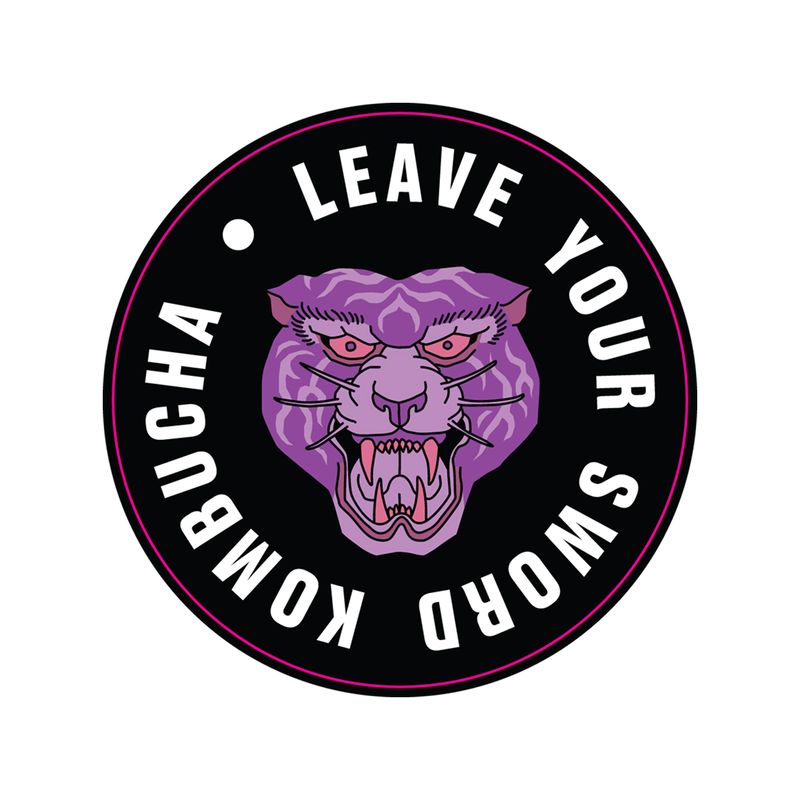

I brew with organic tea and beetroot sugar, using whole loose tea leaves from iconic blends to high grade single estates gardens. Over the years my research led me to develop my own brewing method inspired by wine making, modern beer and sake brewing to achieve a stable product that can be stored at room temperature, without vinegary profile and based on 100% tea.
The aim of the product is to be responsive enough to be enjoyed on its own, paired with food, in cocktails but most importantly that is 100% natural with the highest gastronomic and flavor profile value to provide our B2B customer base composed of restaurants and bars as well as our shop partners and private customers.
Sustainable as possible by recycling organic waste with our neighbor garden, sanitising and reusing every bottles coming back to the brewery, delivering in returnable crates.
Together with our programmer we developed our own software, in order to track down production and crossing datas to further understand brewing behaviour and profiles. For more understanding and transparency, the brewery is equiped with the ABV measurement technology – Beer Alcolyzer M – Anton Paar. Over the years non only thousands of measurments have been preformed on our products, but to any other professionals and amateurs brewers willing to know more about their own contents.
Taproom
As a microbrewery that aim to work in the heart of the city with a relatively new product, a taproom located in the brewery was very important to blend in, radiate and share our product with the neighborhood. Proposing it on draft for casual tasting, to direct purchase for B2C and seasonal event place. Over the years this last format evolved and went further. The Sweet Tooth Club took place on Saturday nights, transforming the taproom into an experimental cocktail bar where kombucha was paired with food and pastry as well as mixed in original cocktail recipes.
This was perhaps one of the best and my favorite exercise, in order to get out of my comfort zone, connect with customers by hosting and working behind the bar as well as creating cocktail, developping pairing to help out my B2B customers with guidelines that help them out understand better the product and inspiring them with the versatility of usage that provides LYS kombucha.
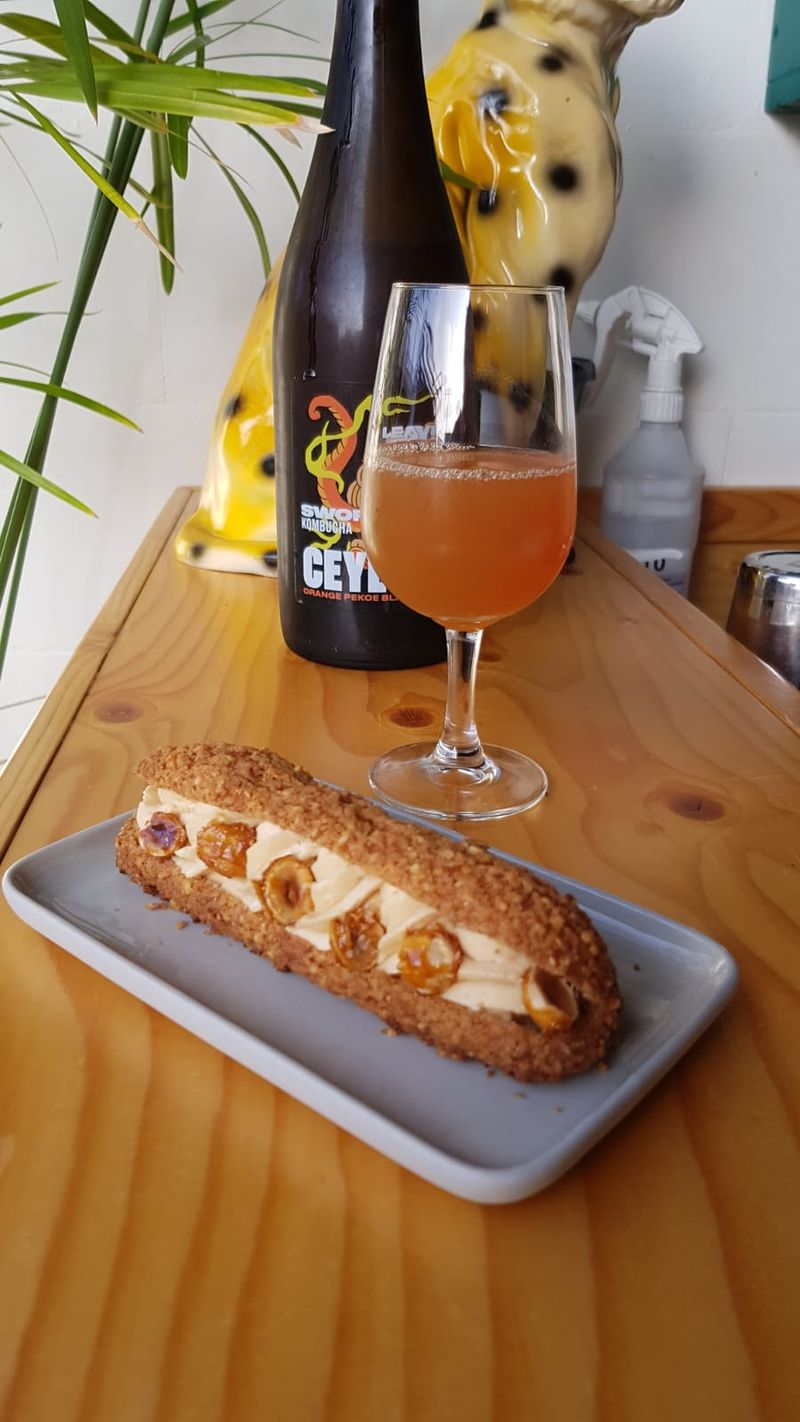
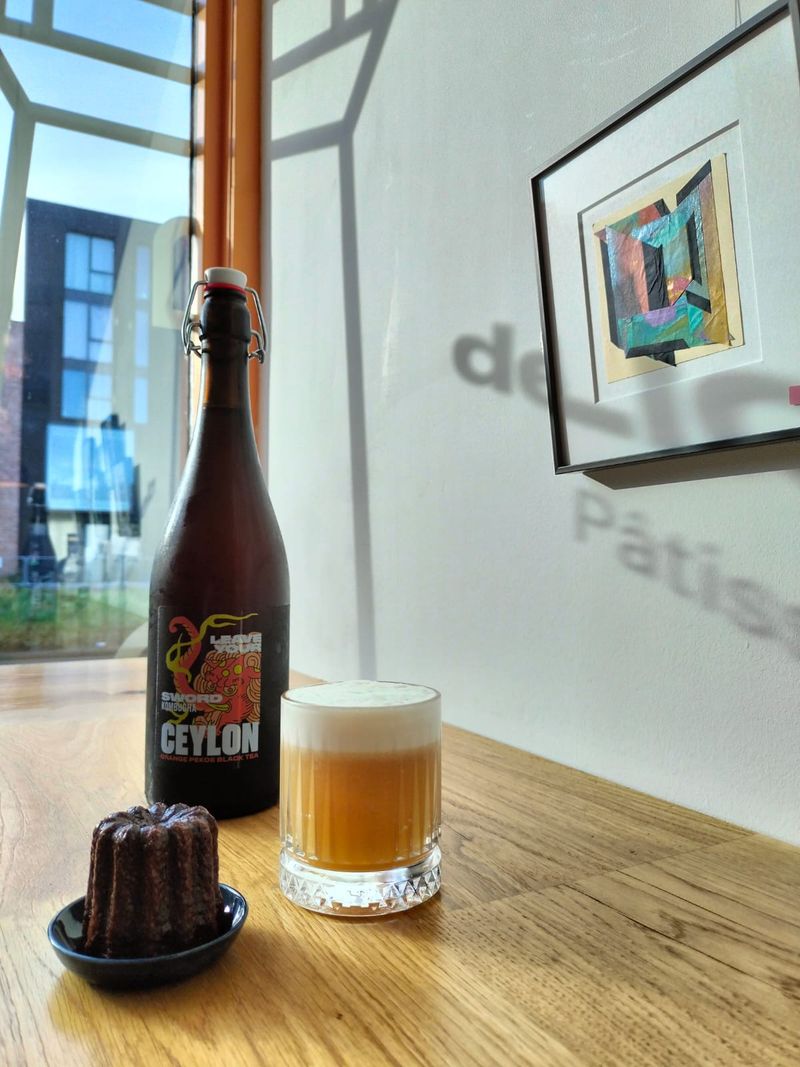
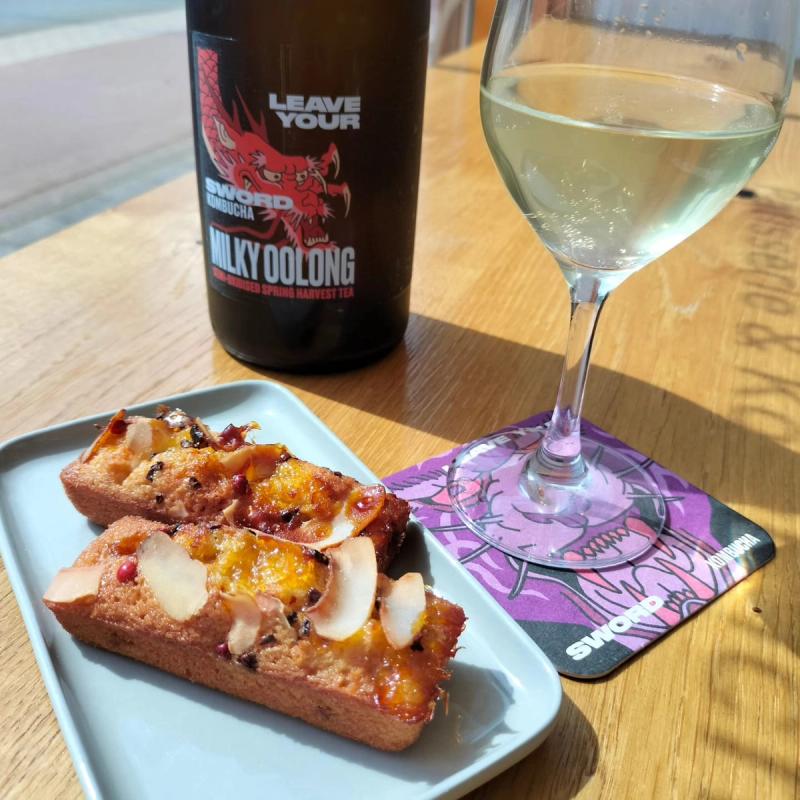
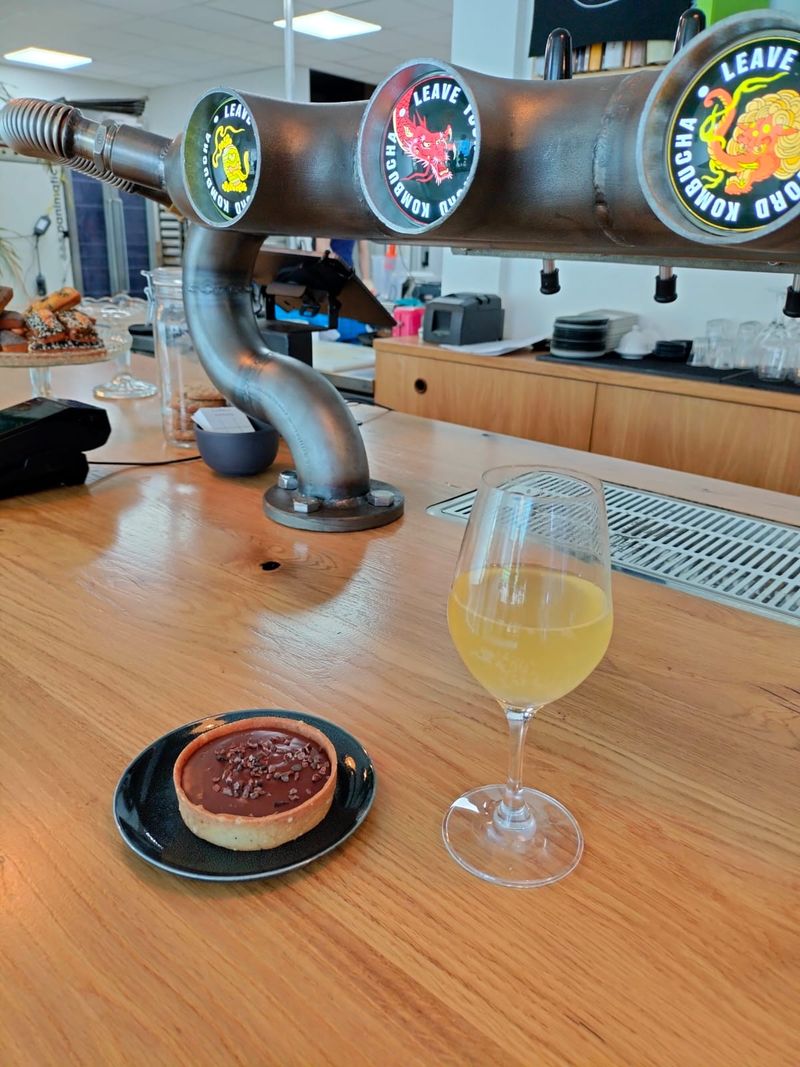
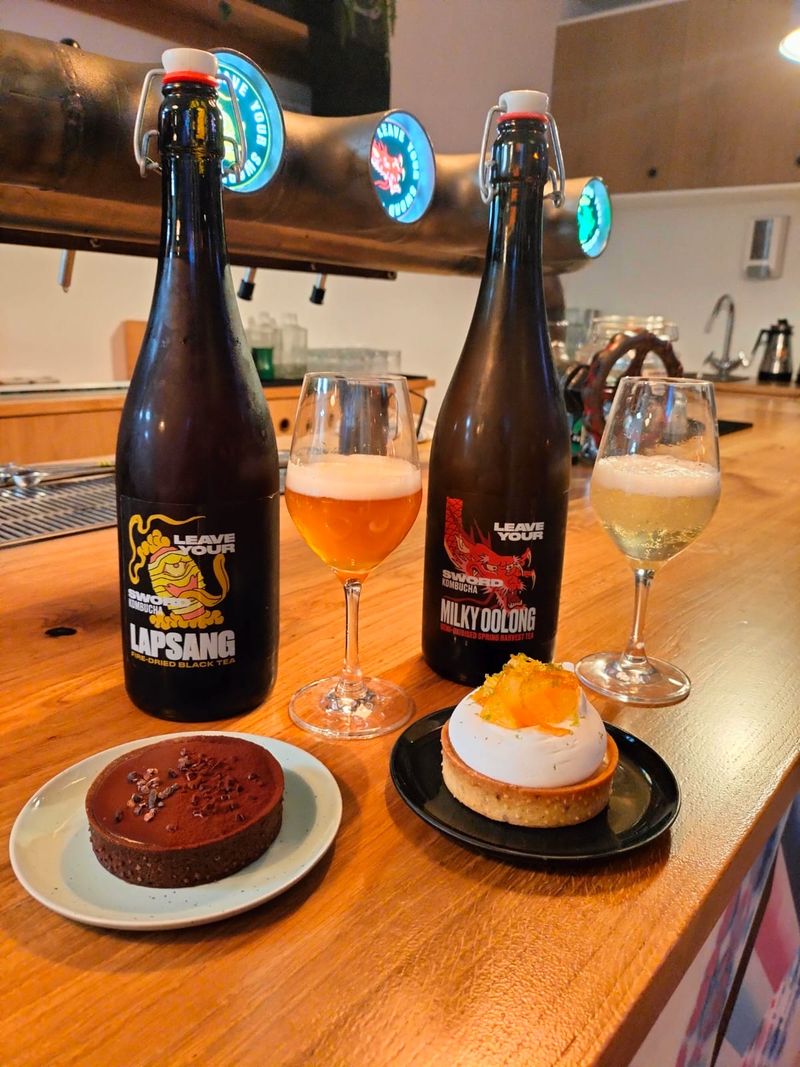
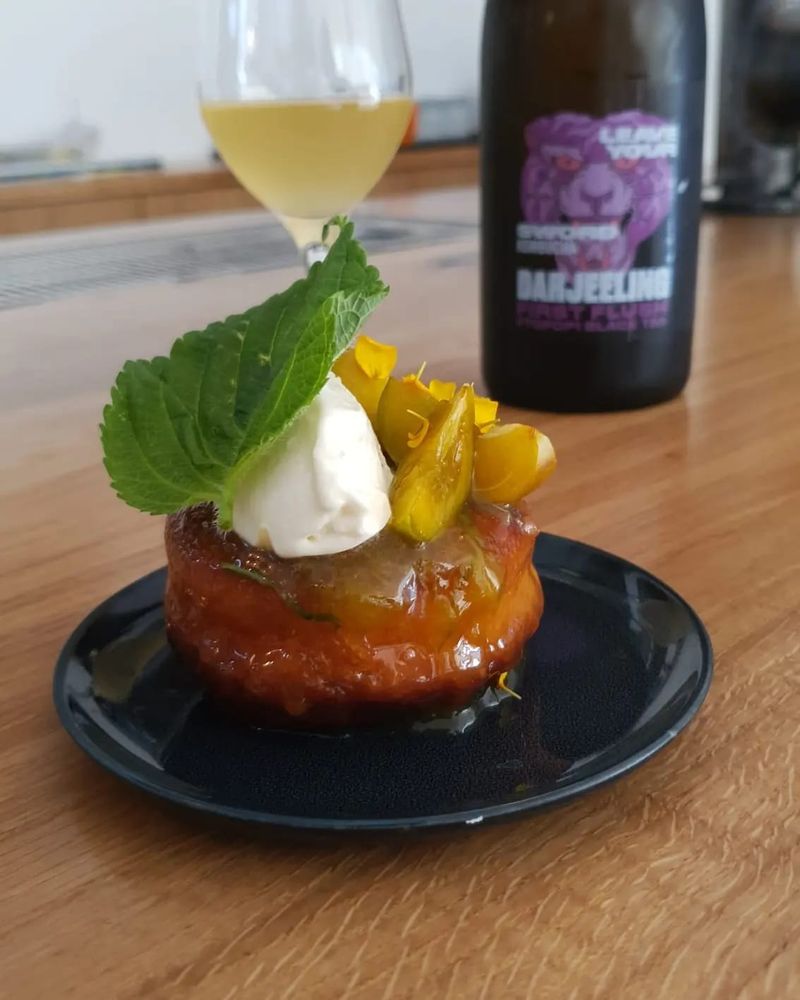
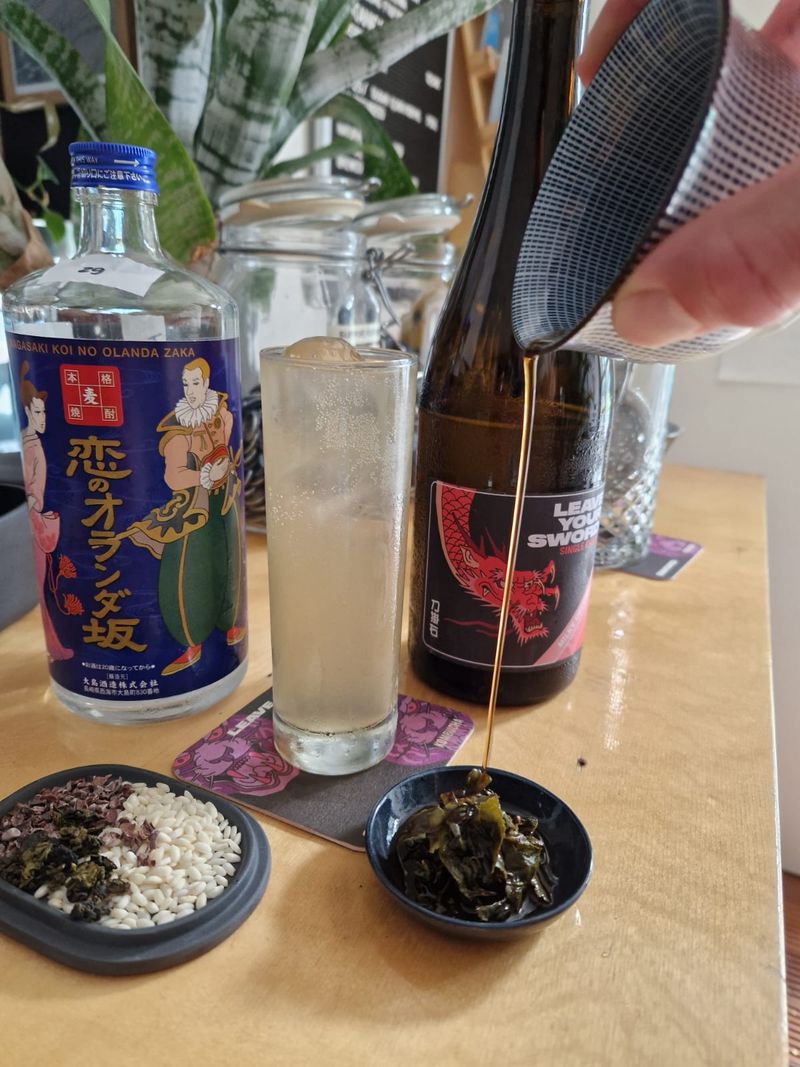
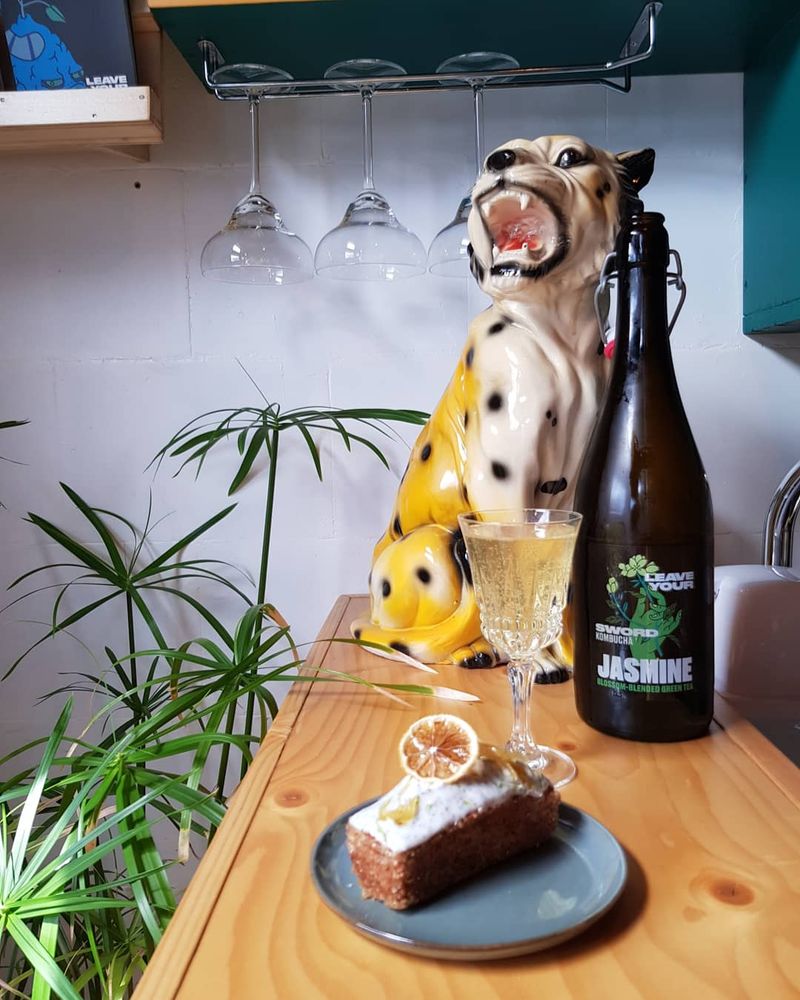
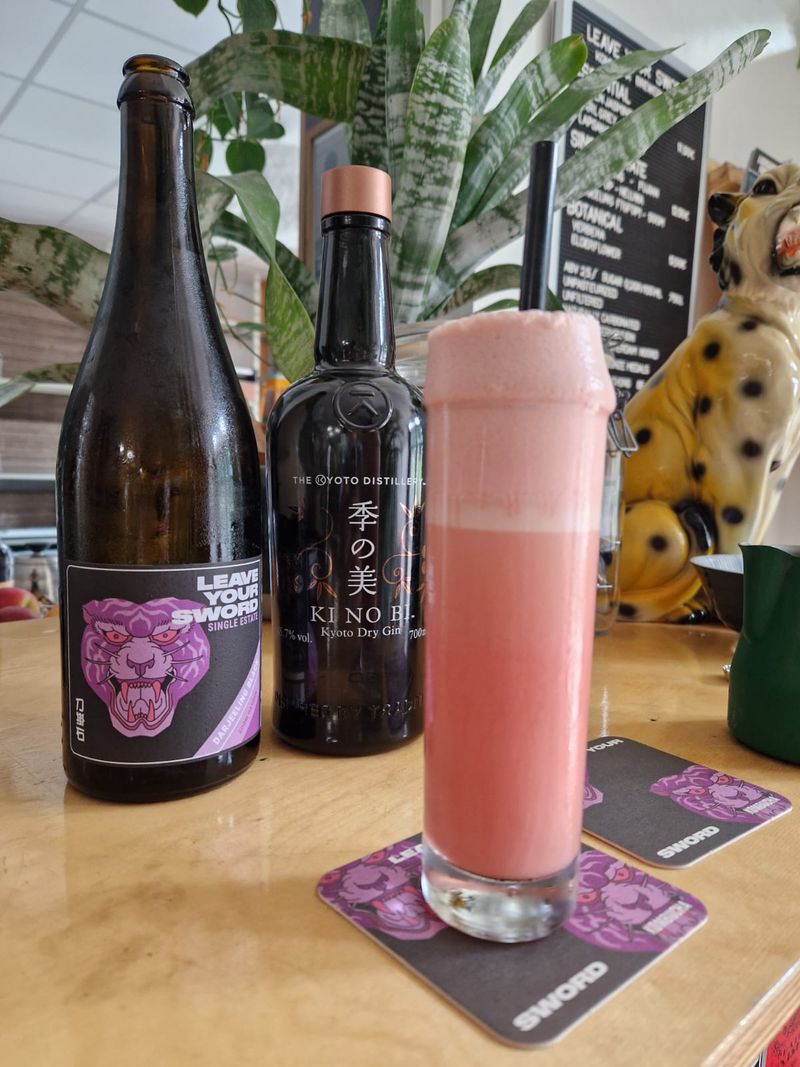
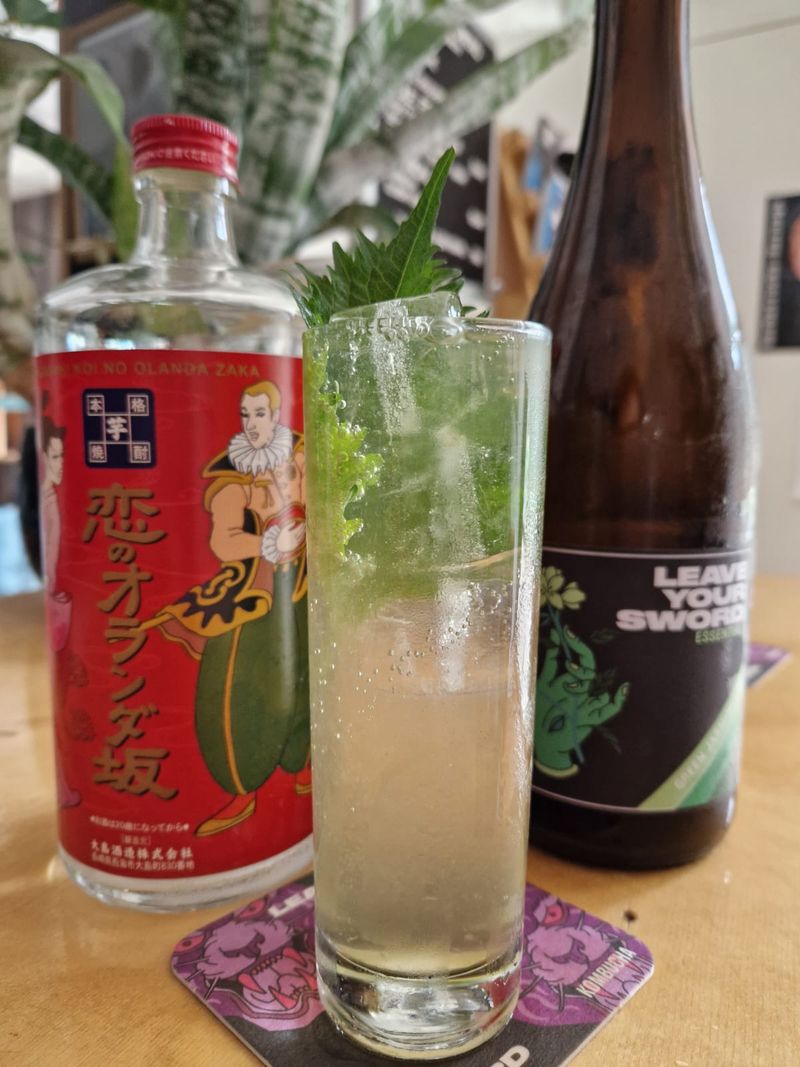
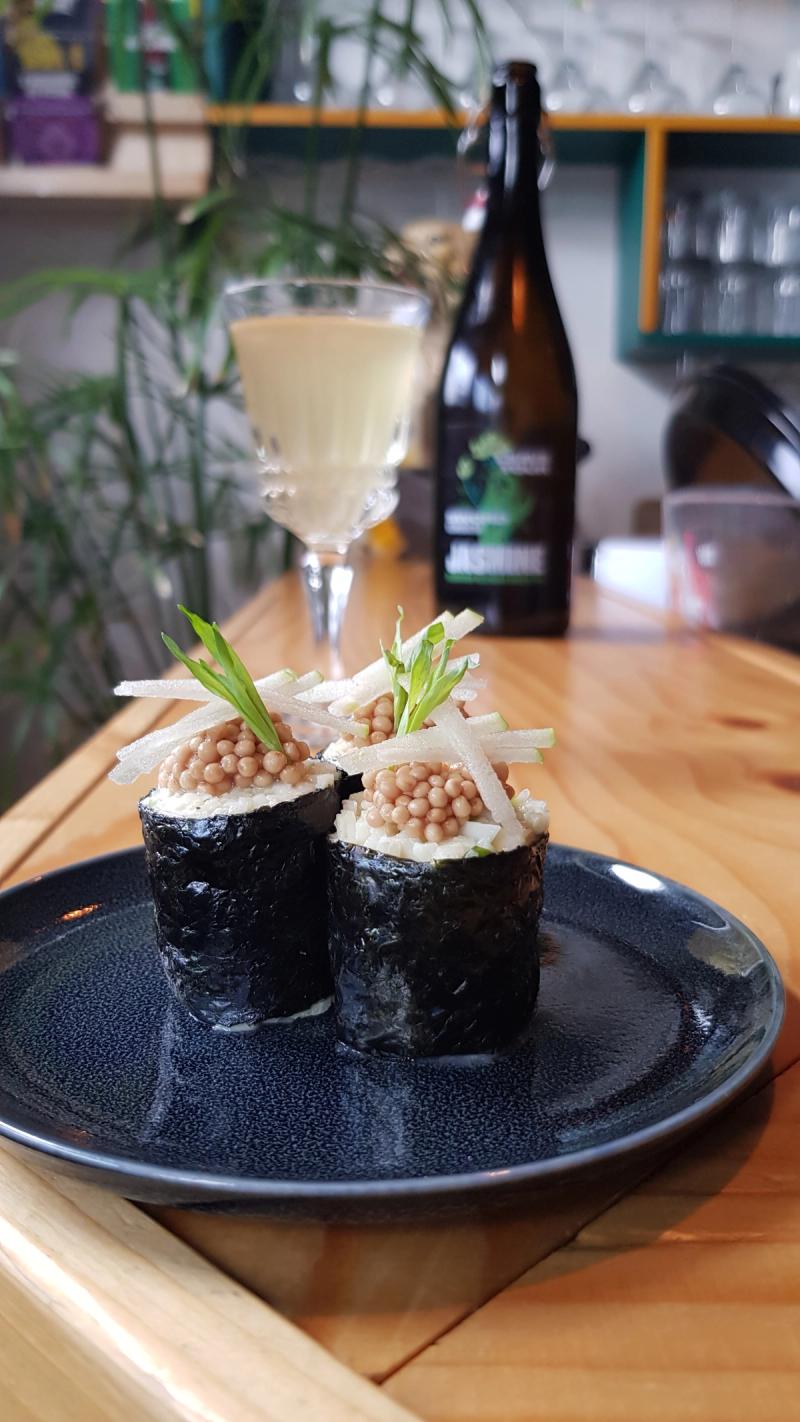
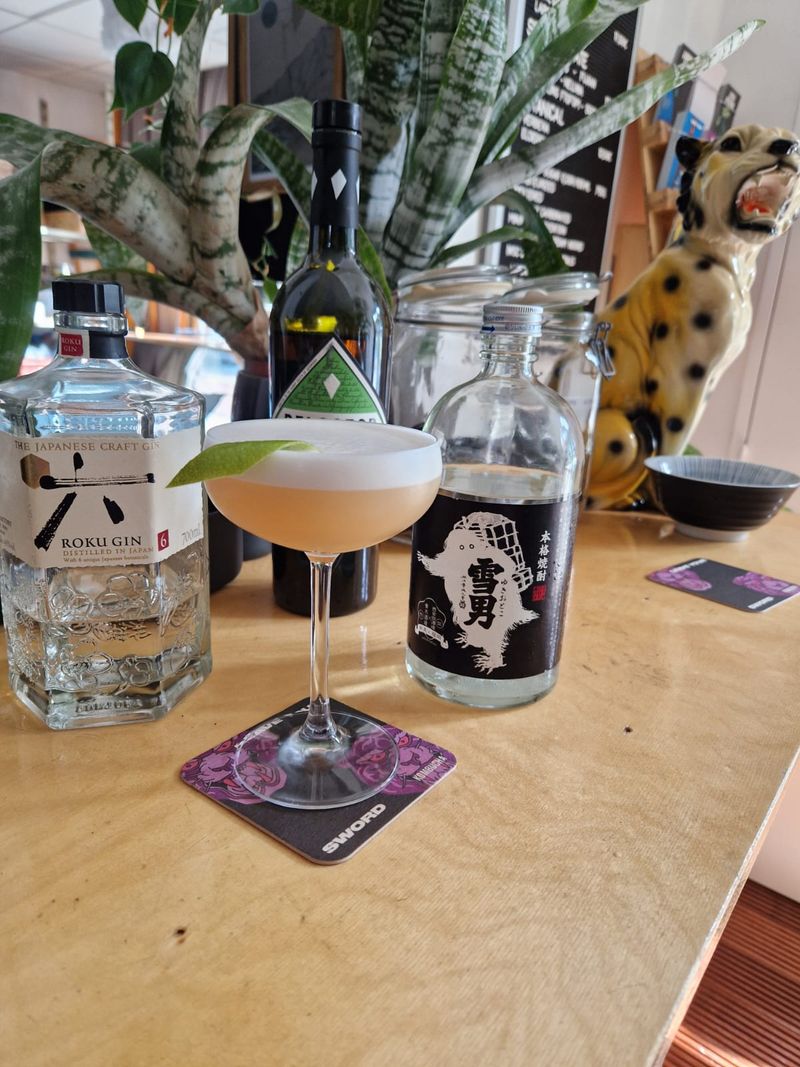
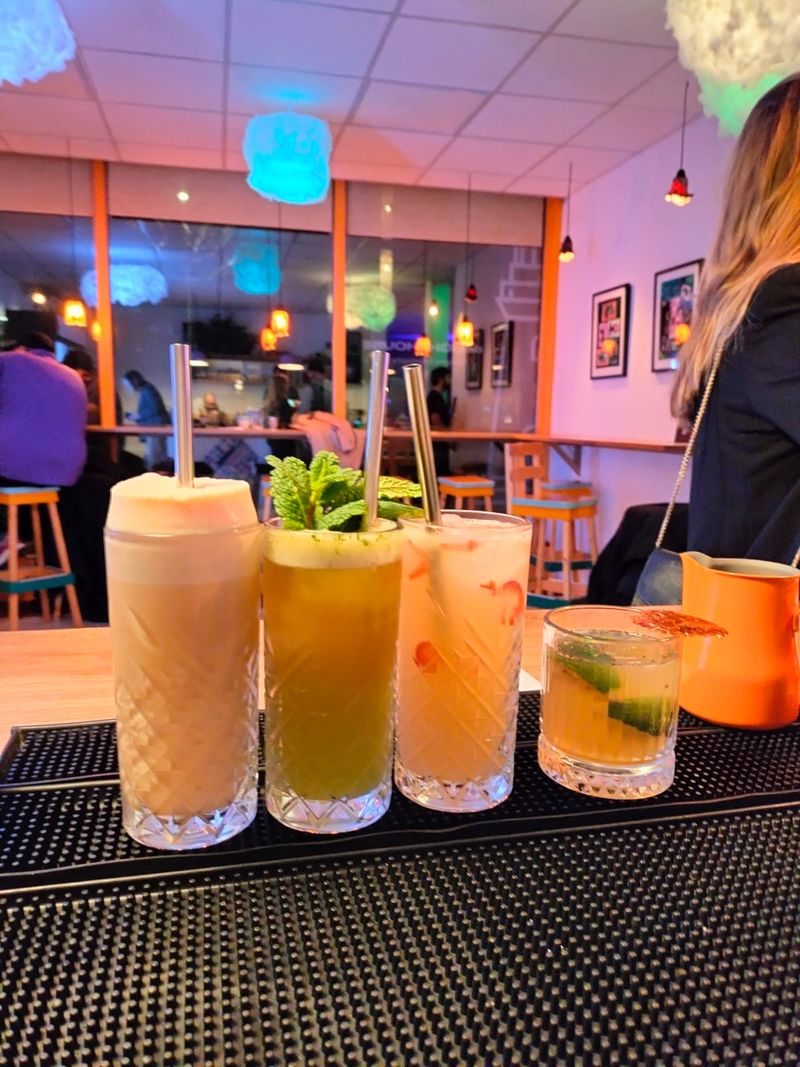
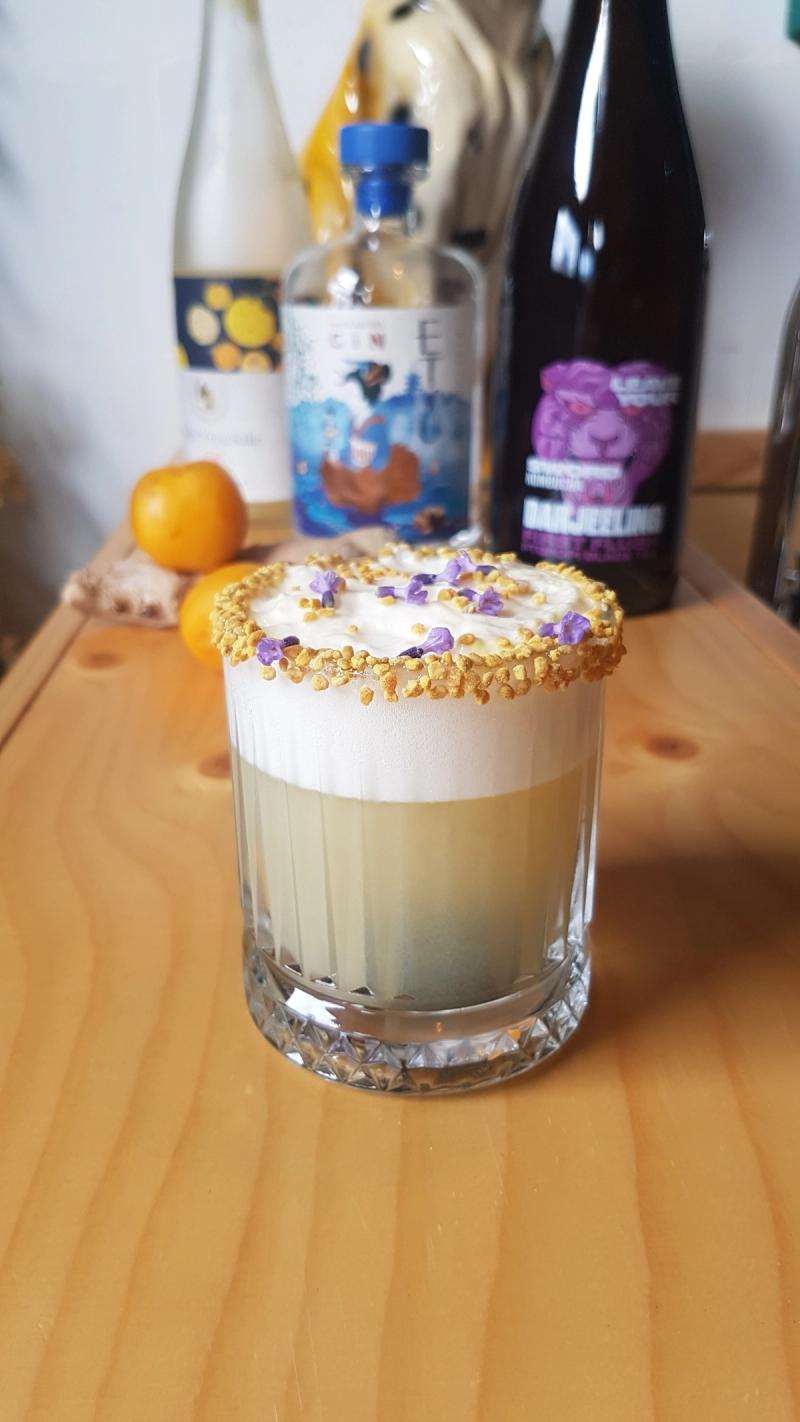
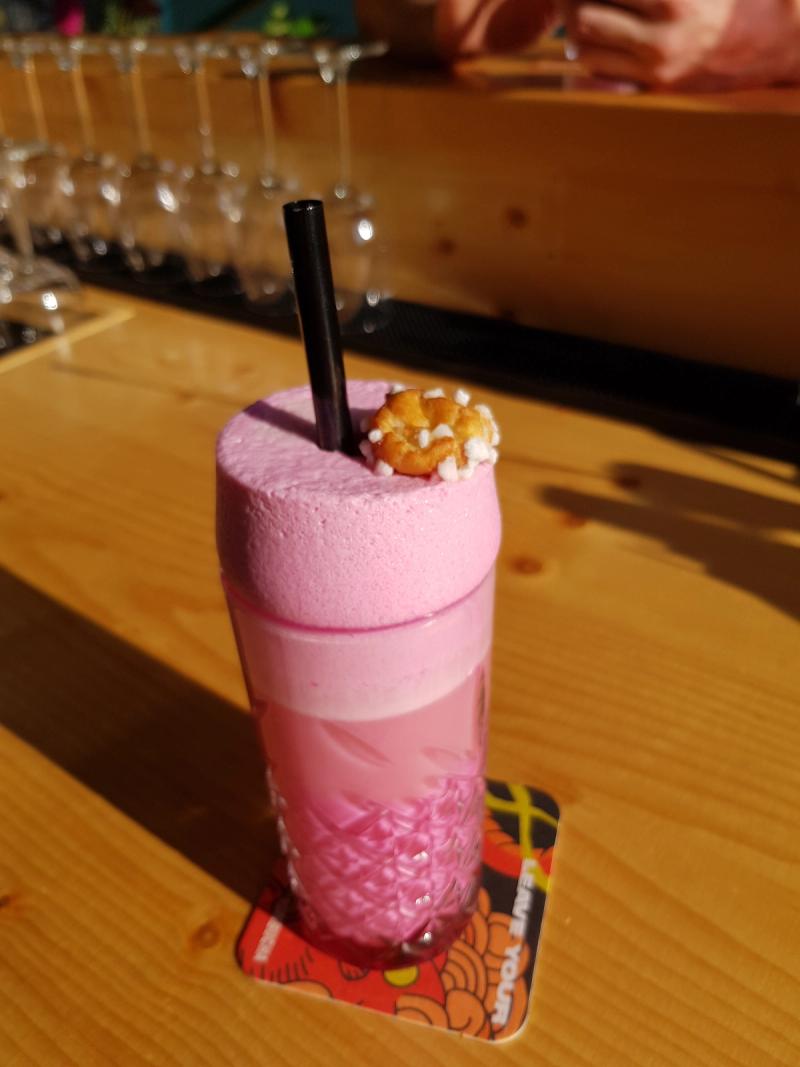
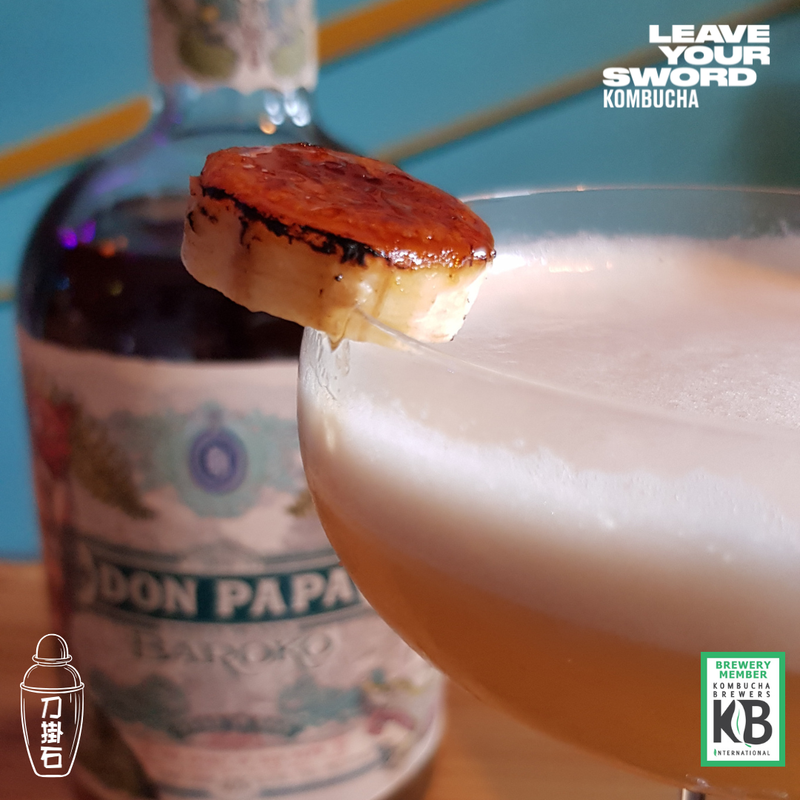
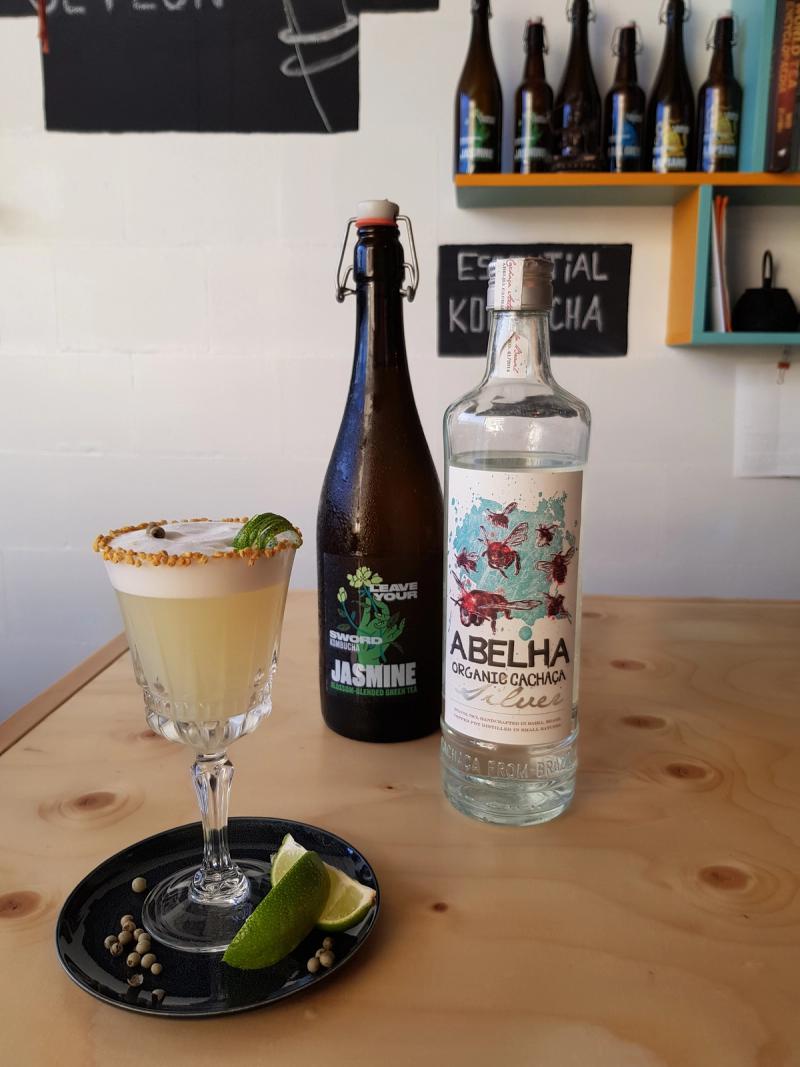
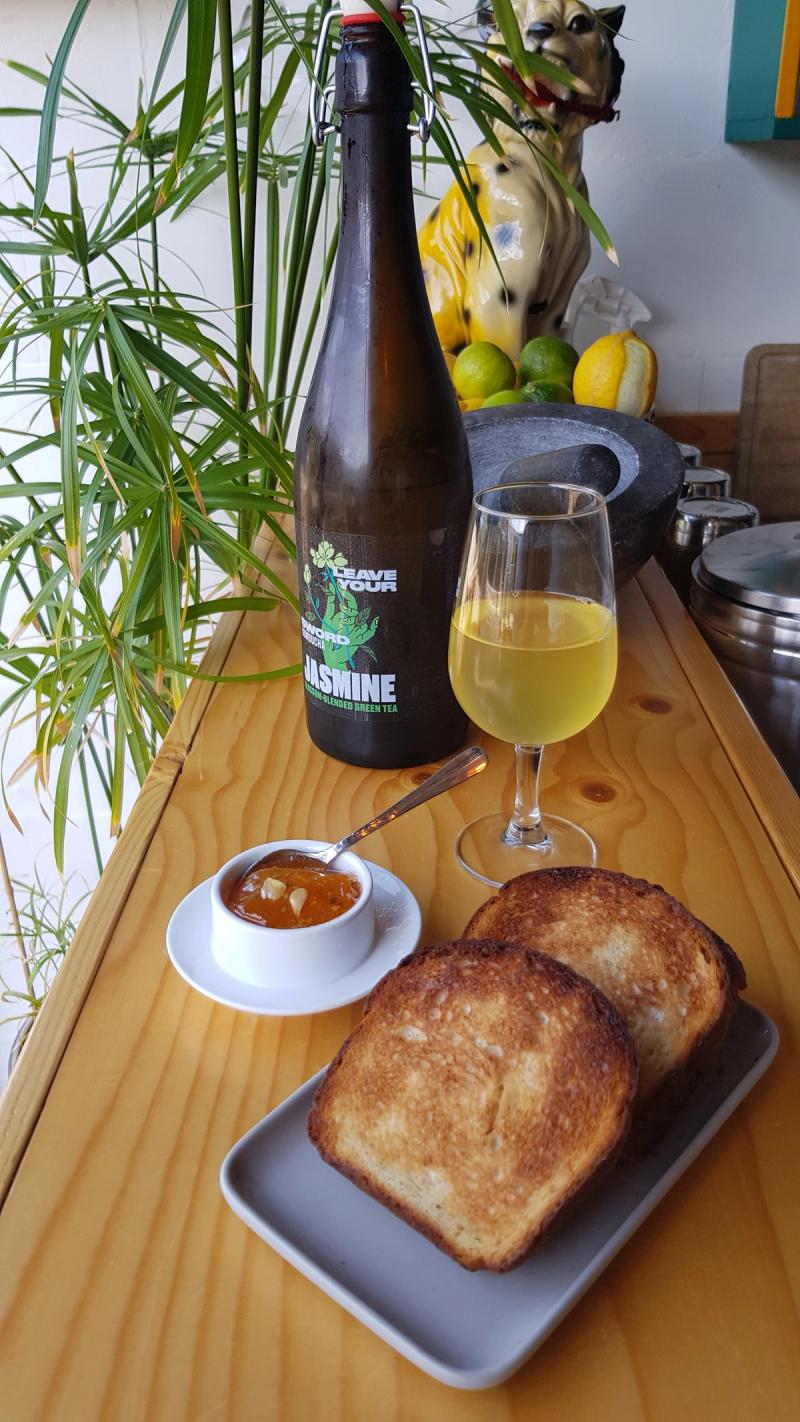
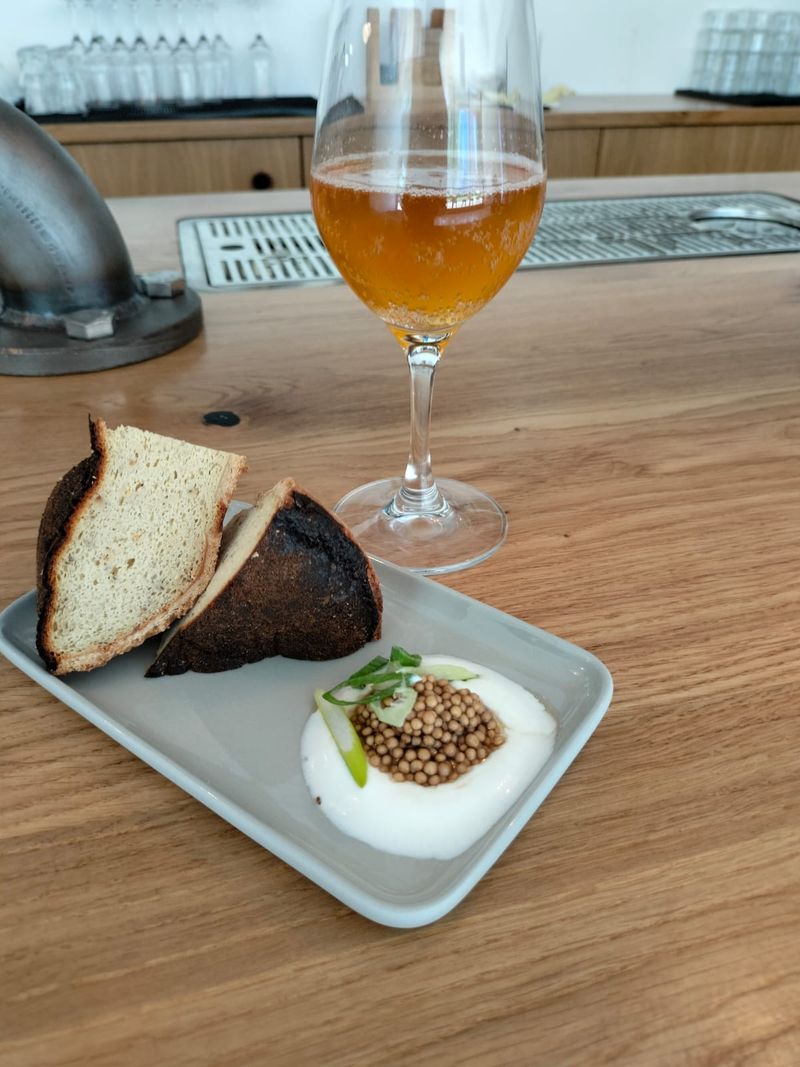
Fermentation
I approach fermentation as I cook, by studying every aspects that can potentially make the product taste better. Crossing industry knowledge in order to establish a protocol to achieve accurate flavor profile and consistency while giving the space and sufficient freedom for the culture to give the best results. This was perhaps the hardest part to understand and find out.
Not having any commercial definition for this specific product, the brewery was part of the Kombucha Brewer International to work closely with them in order to give a voice and challenge the industry on establishing quality and production standards for the ‘Original’ brewing fashion on 100% tea only.
Additional studies have been made in house and with food laboratories to provide our customer with accurate datas regarding alcohol level, pH, sugar content as well as caffeine content and food safety.
Art & events
From the very begining, the brewery, which was hosted by Sandberg Instituut, has always been involved and involving local network to create events that bridge with the artistic world in order to promote both aspects. To albums release, video creation, photography exhibitions and culinary events pairing kombucha with food, cocktails, from clubs, restaurants, art schools to the Botanical garden of Amsterdam.
This aspect of my work is very important as it helps exploring creation as well as reflecting on what a brewery can bring in order to be part of the city life and bring to the culture, as well as breaking through classic production schemes.
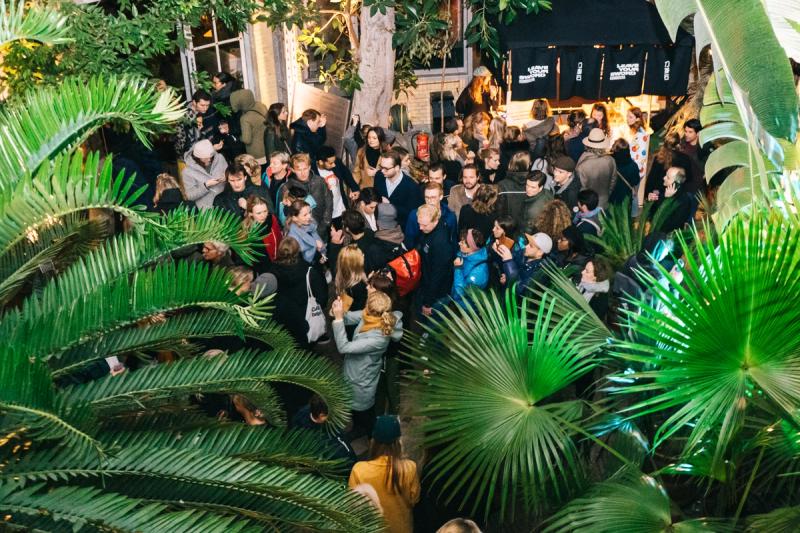
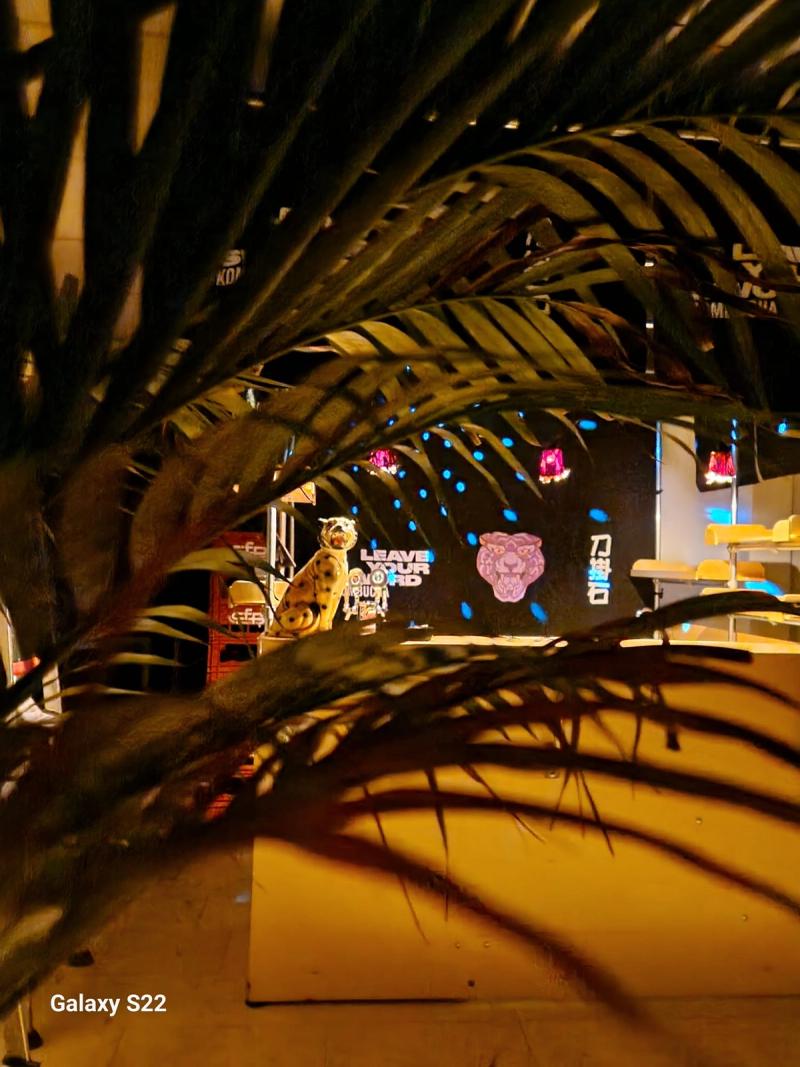
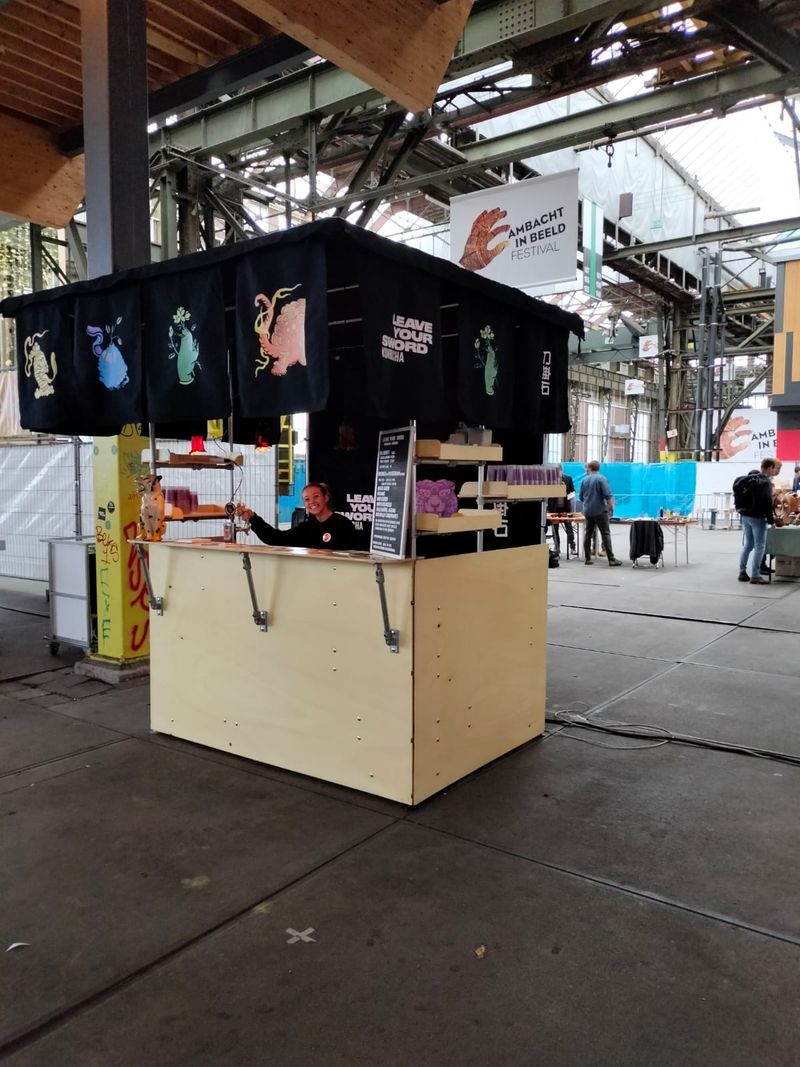
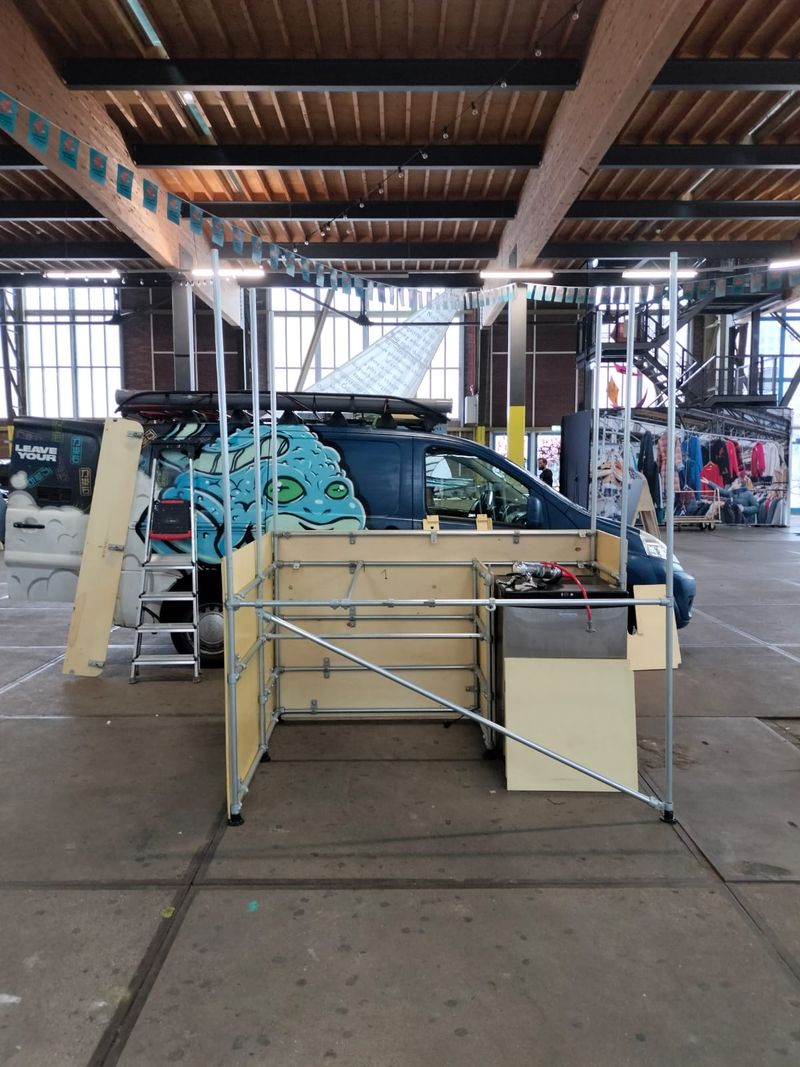
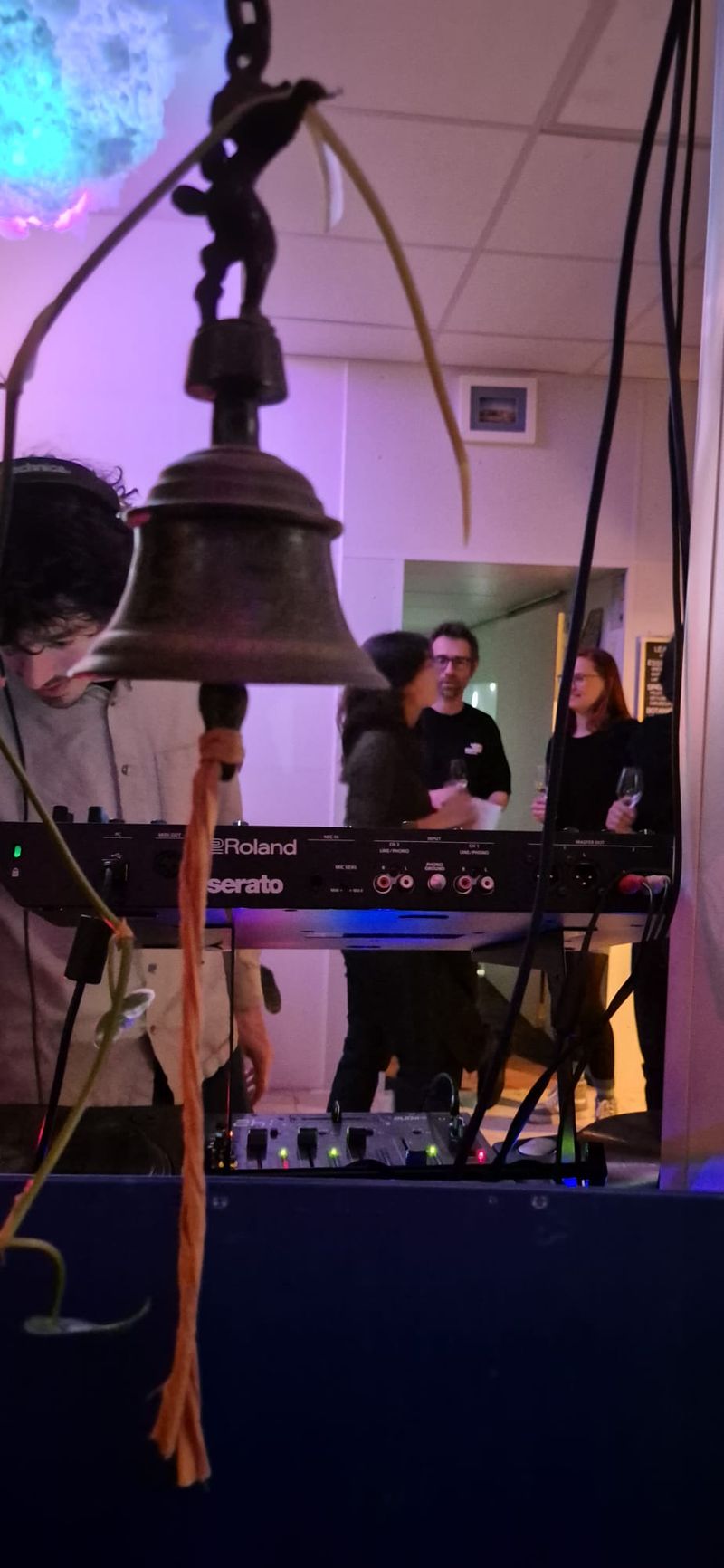
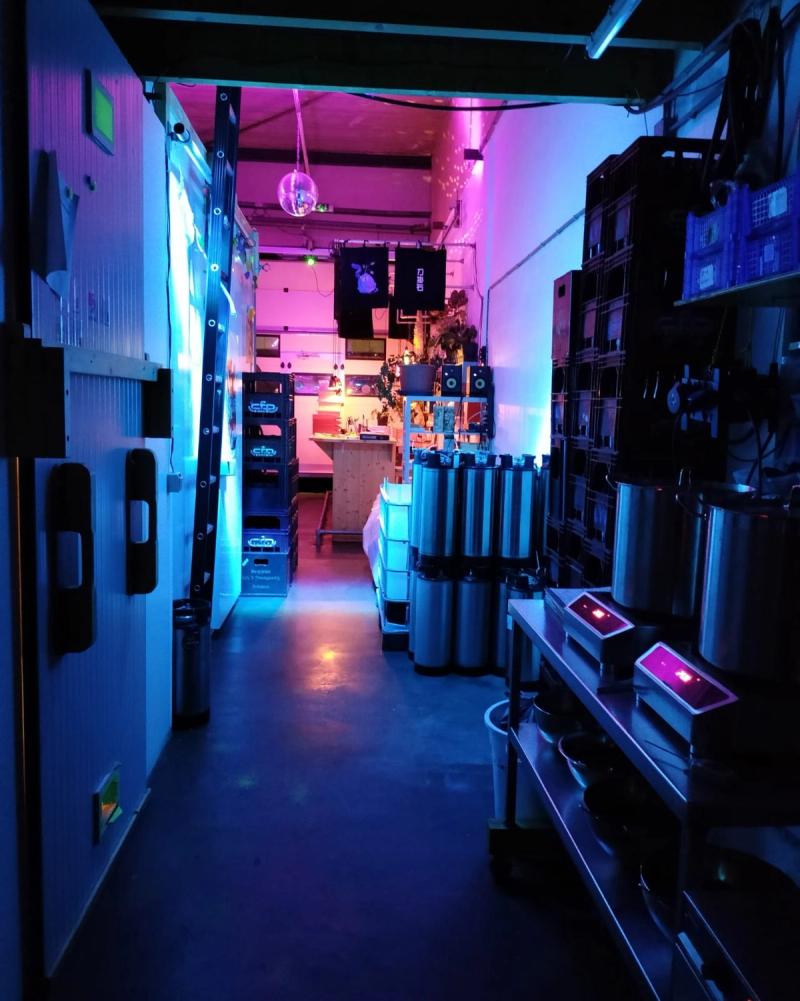
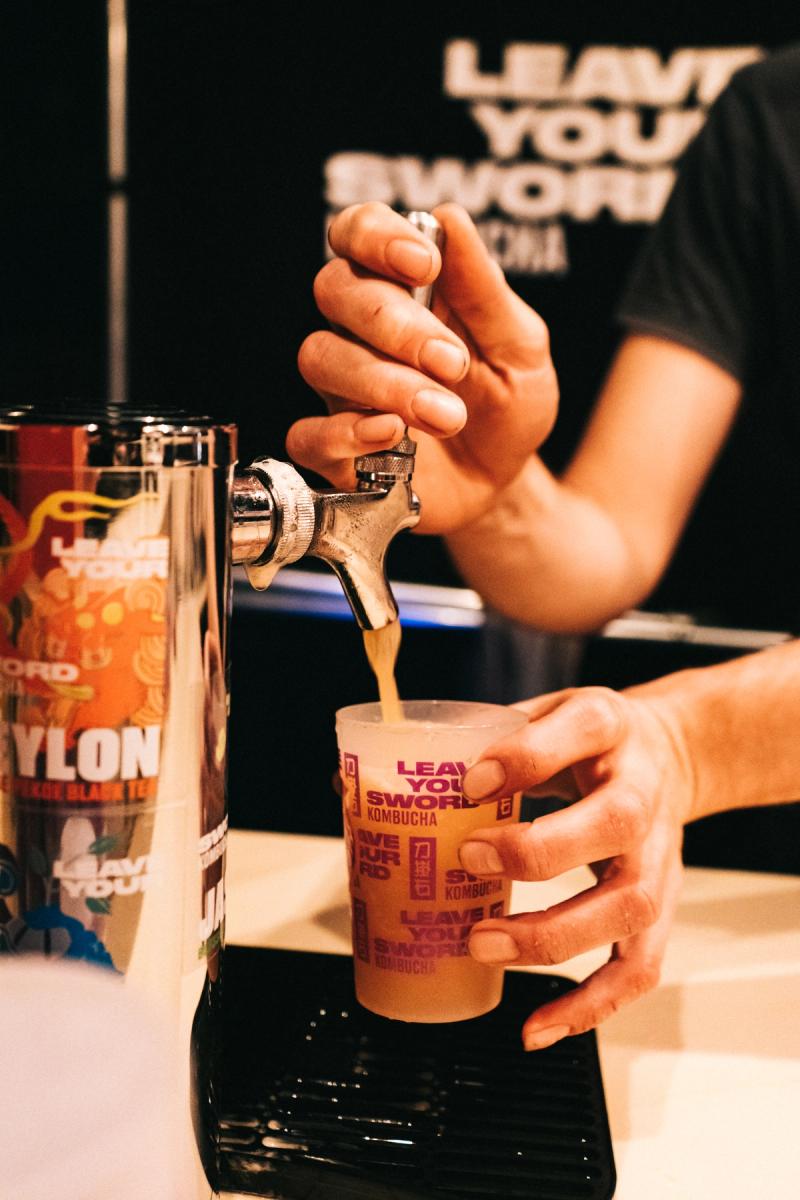
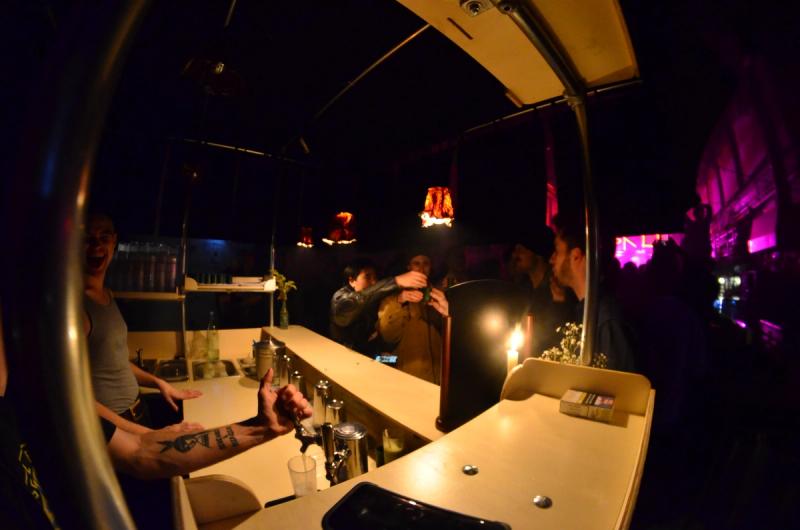
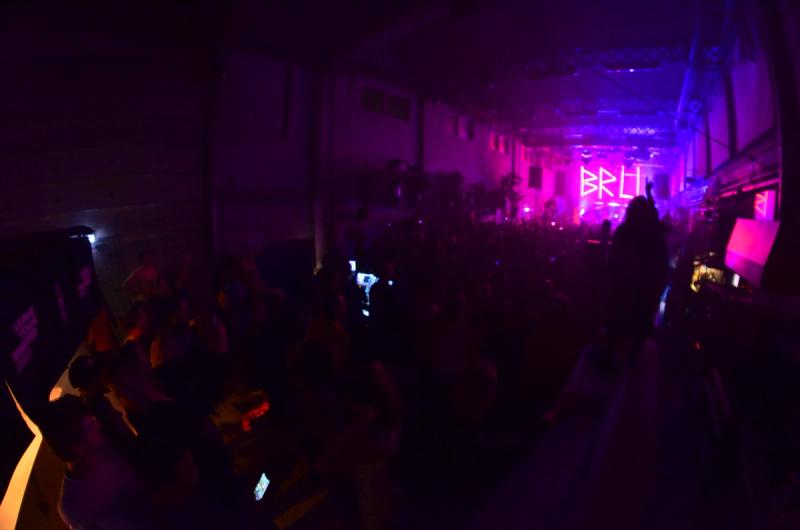
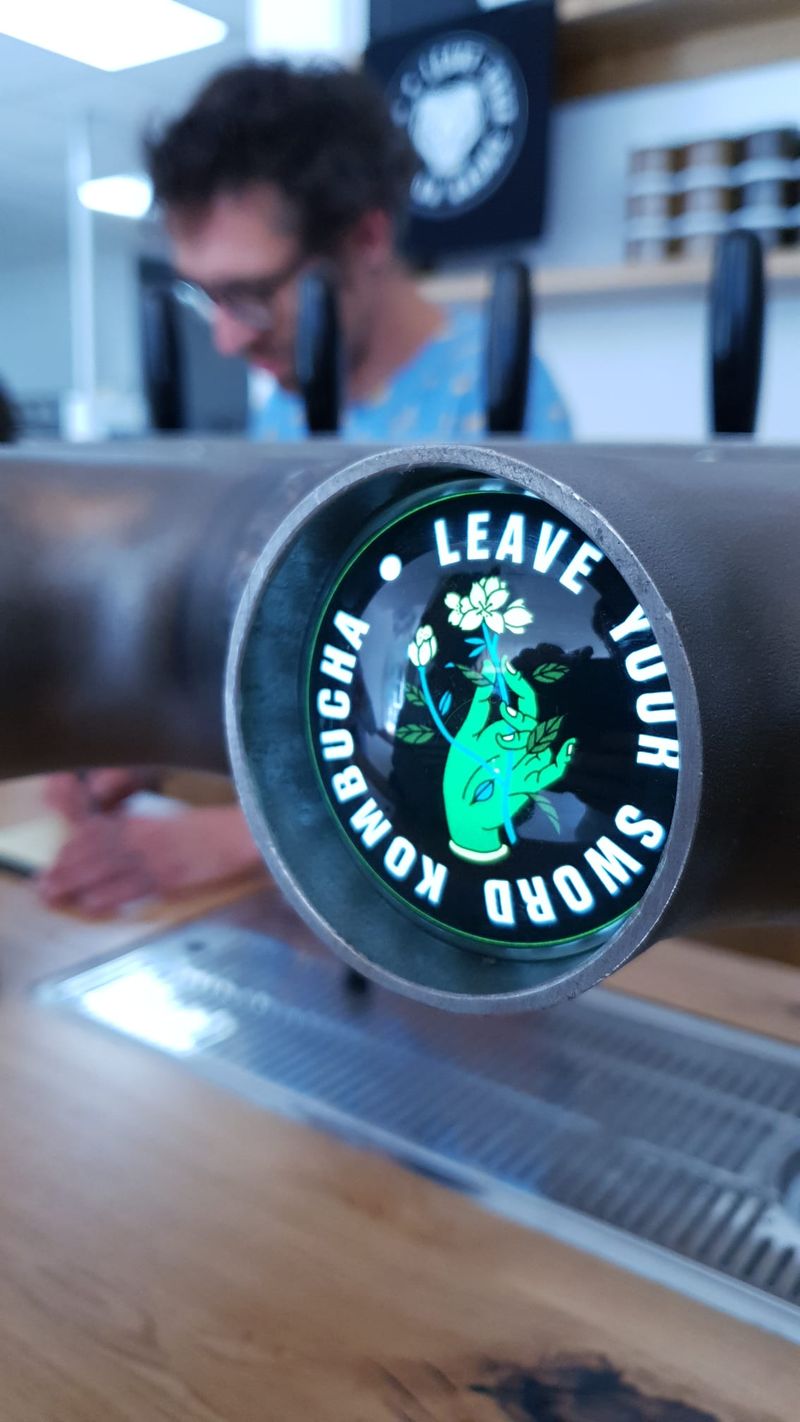
Sustainable future
The future goal is to reopen the brewery in a space combining other crafts & disciplines, supporting each other productions and networks. Offering a true public house space to welcome local communities, host art, debates, meetings, workshops, creating a stronger dynamic between production of goods, local economy, sutainability. We don’t need to produce more, we probably just need to produce higher quality in truely open and independant spaces, using as many local and seasonnal resources, thinking limited growth with unlimited raising quality. Name a better place than a taproom to showcase artworks, exchanging ideas and building connection while sharing drinks and food?